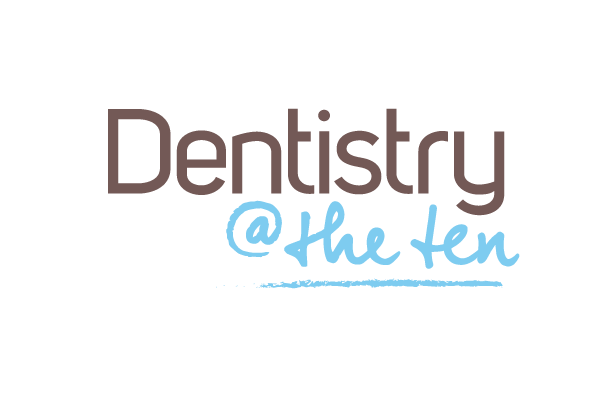You know that heavy apron you have to wear when getting X-rays at the dentist? Well, because the radiation exposure is so low with digital radiographs, Oregon no longer requires the use of lead aprons when taking dental X-rays. This is a huge step towards educating the public on how truly low radiation exposure levels are. In light of this advancement, we thought we would provide more information to our patients on how safe dental X-rays really are.
Purpose of dental x-rays
Before we get further into why Oregon is no longer requiring these aprons, let’s take a step back and discuss why dentists need to take X-rays in the first place. Dental X-rays are used to see the condition ofyour teeth, all the way from the crown to the root. They provide extensive details of the tooth, bone and supporting tissues of the mouth. X-rays are essential to dental care treatment as they can diagnose potential oral care issues. They’re diagnostic, but also preventative. X-rays allow dentists to find cavities, examine tooth roots, help diagnose periodontal disease, see the status of developing/growing teeth and check the overall health of your teeth and mouth.
Radiation exposure
Over the past 50 years, technology advancements have allowed X-ray equipment and procedures to significantly reduce the amount of radiation exposure to patients. In fact, getting eight dental X-rays exposes you to roughly the same amount of radiation as flying on an airplane from New York to Los Angeles. And you don’t wear a lead apron on a plane, do you? Compared to the total exposure of radiation from all sources, radiation associated with dentistry is extremely minor. To put it into perspective, here is a radiation dosage chart that compares different radiation contributors. A great visual!
Exceptions and precautions
Individual states regulate the practice of requiring lead aprons in dental exams, so it varies across the country. Although Oregon no longer requires the lead apron, there are still some precautions set in place. The Radiation Protection Services (RPS) still recommends that pregnant woman wear lead aprons as a precaution because a developing fetus is the most vulnerable to the effects of radiation exposure. In addition, there are certain types of dental exams that can benefit from the use of a lead apron. For example, the International Atomic Energy Association (IAEA) recommends providing lead aprons for vertex occlusal exams to provide additional protection.
In closing, our dentist office here in Eugene, Oregon will still be offering aprons to patients as a precaution, but will no longer be requiring it. So, if you still do not feel comfortable without an apron, we are happy to provide one for you!

